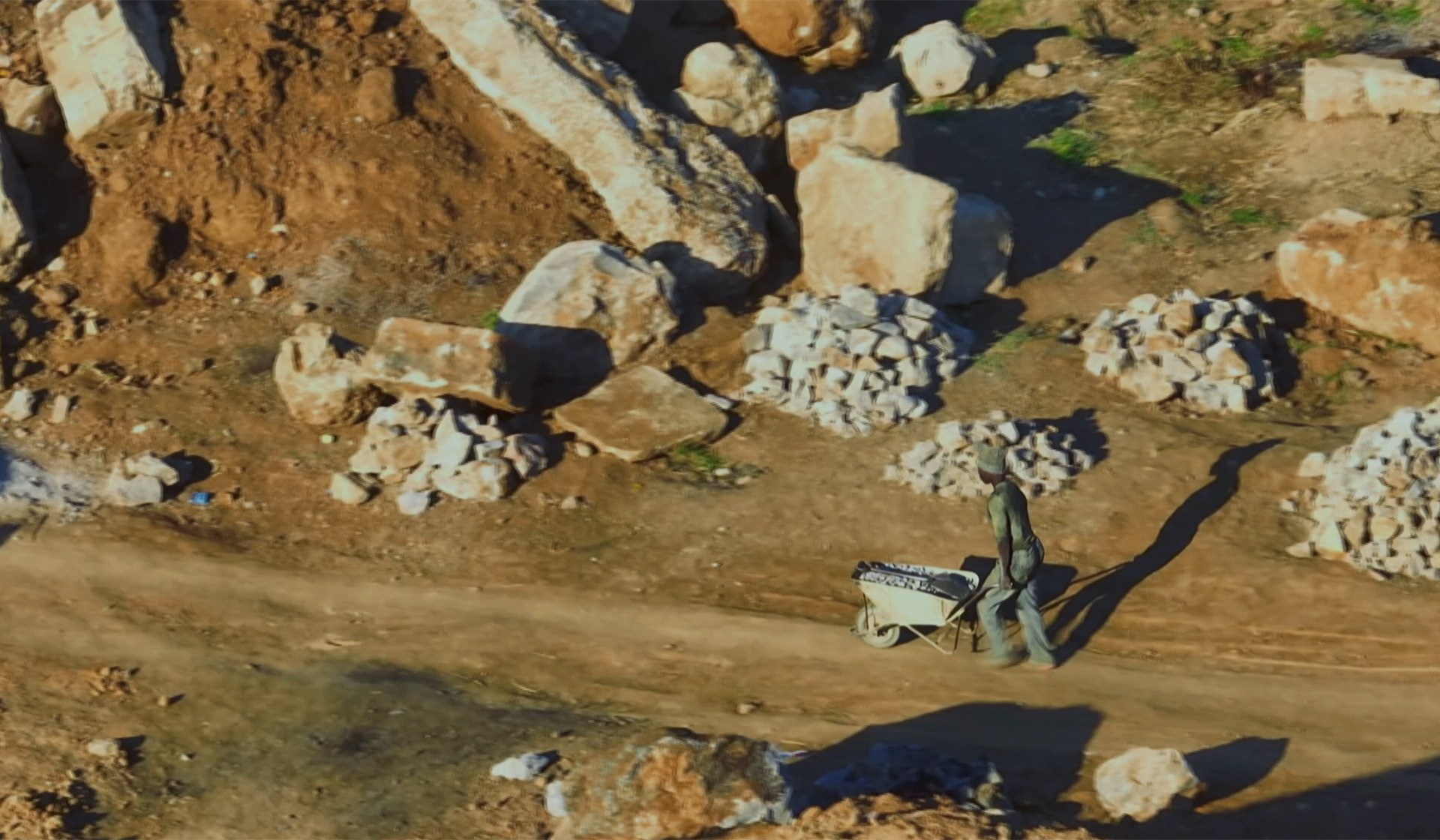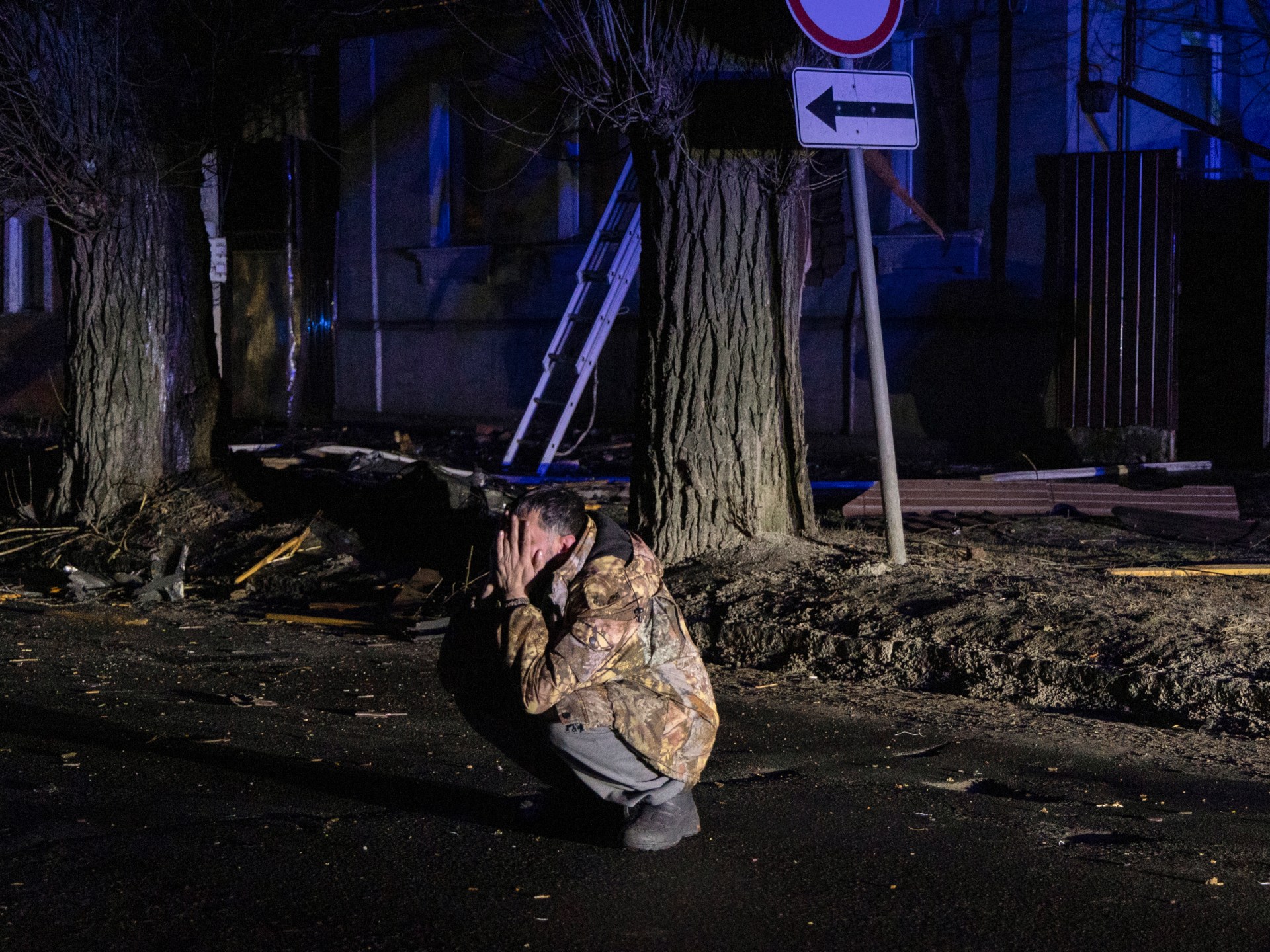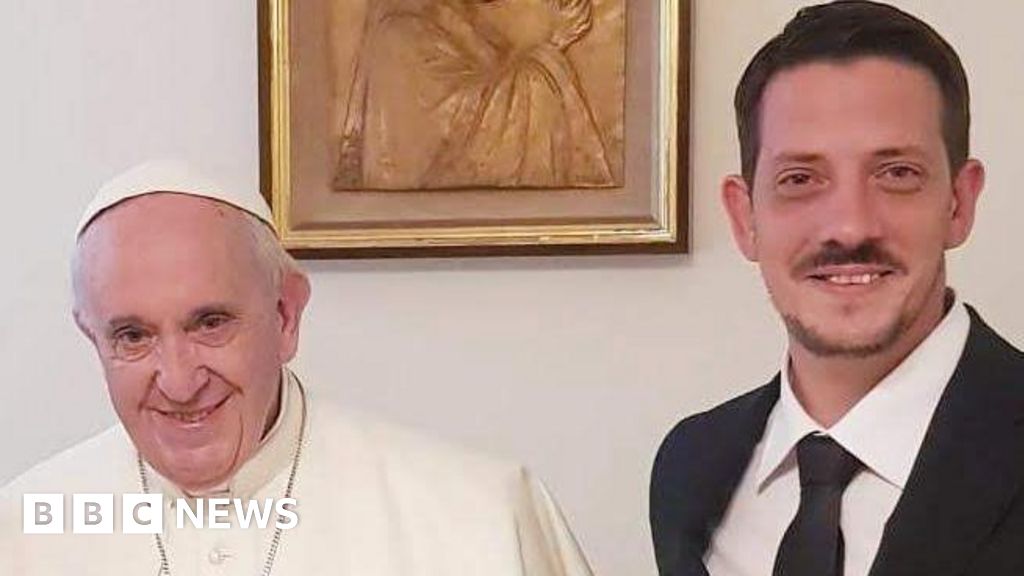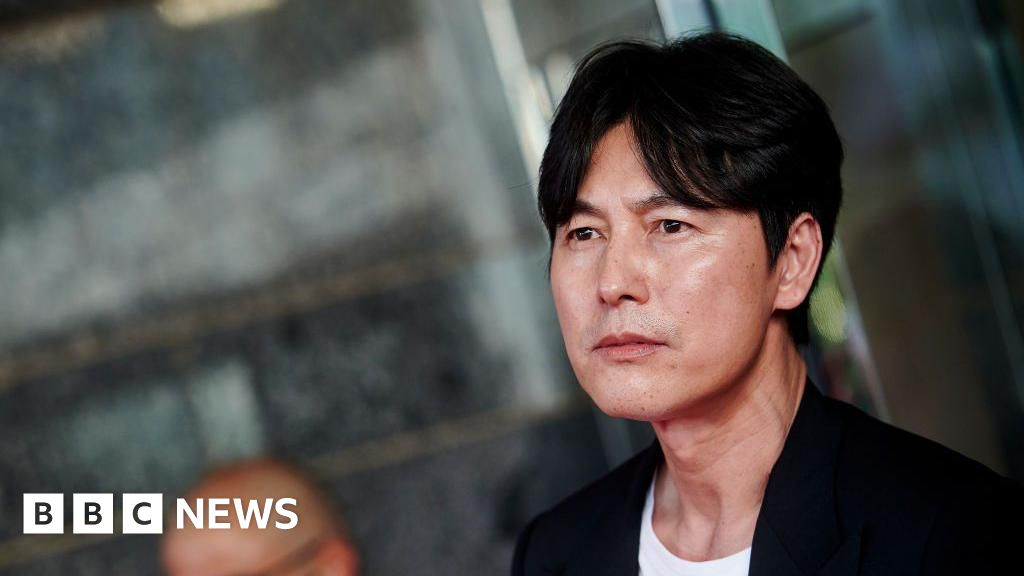In Shevchenkivka, a Ukrainian village, occupation ended and the feud began
As the tide of the war has shifted, the Ukrainian military has swept into villages and towns, driving out Russian forces who had occupied swaths of the country since early March. In some places, the Russian retreat revealed evidence of suspected atrocities including torture chambers and mass graves.
In Shevchenkivka and many other liberated towns, the legacy is subtler but no less insidious. Occupation has given way to division, suspicion, and detention. Freedom has fueled thoughts of revenge.
On a sunny autumn morning in mid-October, a week after occupying forces fled Shevchenkivka, the village’s 50 or so remaining residents welcomed a Ukrainian army truck bearing a load of bread.
But the shadow of the occupation lingered.
Olya Prodchenko, 45, offered to distribute the food. She went from house to house, skipping the many abandoned homes, until she came to a bright yellow and blue gate. There, she met Halyna Pylypenko.
The 62-year-old in red house slippers didn’t want the bread — or anything to do with Olya.
Halyna’s son was fighting on the front line for Ukraine. Here in Shevchenkivka, Halyna had her own enemies. And chief among them was the woman standing at her gate, who she suspected of collaborating with the Russians.
“You went around, you agitated, you were supporting ‘the one and only Russia,’ ” Halyna shouted angrily as Olya retreated.
But the story of Shevchenkivka also shows how little in war is black and white. While nearby villages suffered terribly under occupation, Shevchenkivka was largely spared. Some residents even struck up friendships with enemy soldiers. And while Olya admitted she accepted money and aid from the occupiers, so, too, did many others here.
As the front line shifts farther from places like Shevchenkivka, Ukrainian intelligence officers have come in, asking questions about who did what under occupation. But Olya, whose husband was detained for two days by Ukrainian officials, said only God and her neighbors could judge.
“You had to have been here to understand,” she said.
When the occupiers first arrived in mid-March, their vehicles rumbled down a main street lined with festively colored front gates, flowering walnut trees and the occasional goat or cow. In the next village over, Khreshchenivka, Russian soldiers would be accused of torturing Ukrainian prisoners. But in Shevchenkivka, the occupation was less ruthless.
The soldiers in Shevchenkivka weren’t Russian, residents said, but from the so-called Donetsk People’s Republic, one of two Russia-backed separatist regions in eastern Ukraine.
“They spoke like us,” said villager Svetlana Ivakhnenko. “They were Ukrainians like us.”
The DPR troops didn’t seem eager to be there. Some complained they thought they were being sent to Crimea — invaded and illegally annexed by Russia in 2014 — only to find themselves in Kherson.
Nor were they well prepared. Shortly after arriving, three soldiers approached Nadiya Polivesa, 46, outside her house to ask if they could buy potatoes. Uncertain how she would scrape by under occupation, she traded them spuds, milk and eggs for gasoline.
“We’d already heard that the FSB was in Khreshchenivka,” Nadiya said, using an acronym for Russia’s feared Federal Security Service. “So when the soldiers from Donetsk came in, we were relieved.”
The soldiers brought water every other day, residents recalled. During the visits, Tetiana Bohushevs’ka struck up a friendship with a young man named Oleh who said he had been forced to join the DPR army a few weeks earlier. “He was a good boy,” Tetiana said. “He just wanted to go home.”
The 54-year-old, a devout evangelical, had shrugged off her children’s pleas to flee by saying the Lord would take care of her. Tetiana started proselytizing to Oleh, who began ending his visits with the Ukrainian phrase for “go with God.”
Across the street, Halyna also befriended some soldiers and taught them to bake bread over an open fire. When one of the oldest residents, Nadiya Brezhneva, turned 91, the soldiers brought her chocolates.
“Someone asked me, ‘Babushka, are the occupiers good people?’” the elder Nadiya said. “I said, ‘There are good people everywhere.’ I hope I answered correctly.”
Yet, the men were still part of the Russian war machine, and they began pressuring villagers to provide identification to receive water or food. At one point, the local commander suggested Nadiya Polivesa request a Russian passport — something Russian forces pushed elsewhere.
“Kherson is now Russia,” he said, Nadiya recalled.
Soon, it wasn’t just soldiers saying that, but fellow villagers, too.
Before the war, people in Shevchenkivka didn’t discuss if they sympathized with Moscow. But a few weeks into occupation, a small group allegedly began openly embracing the idea of joining Russia. According to several villagers, Svetlana Ivakhnenko and Olya Prodchenko were among those making pro-Russian comments.
Svetlana, 50, denied the accusation but admitted to feeling nostalgic for Soviet times, when Shevchenkivka prospered by sending grain and produce to Russia. When The Washington Post initially tried to speak to Svetlana, her husband pretended no one by her name lived at their house.
Of the allegedly pro-Russian voices in the village, however, few were louder than Olya Prodchenko.
“She was screaming, ‘When are they going to give us our Russian passports?’ ” Halyna said. The two had never been close. But now, with Halyna’s son fighting for Ukraine, and Olya allegedly embracing the occupation, the neighbors were a war’s width apart.
Olya denied welcoming the occupiers or requesting a Russian passport. As evidence of her loyalty, she claimed the FSB questioned her about Ukrainian artillery strikes, and stopped only when they learned she had two disabled sons.
Nadiya told a very different story. She claimed her own son was questioned by Russians after Olya’s husband, Mykola, pointed a finger at him for the artillery strikes. Nadiya said she was so angry she slapped Olya’s husband in the street over the accusation, which had forced her son to flee the village. Yet, the charge wasn’t far off.
“It wasn’t true that my son was helping the Ukrainian army,” Nadiya said. “But I was.”
For months, the villagers struggled to stay alive while also staying loyal to their country. Then, in late summer, around the time Russian President Vladimir Putin announced staged referendums in occupied regions of Ukraine, the people of Shevchenkivka were tested.
Soldiers went door to door, offering 5,000 Ukrainian hryvnia — roughly $135 — per person. For what, they didn’t say.
Tetiana prayed for guidance. Like everyone else in the village, she was poor before the war and was now poorer. But the offer didn’t feel right.
“God told me not to take it,” she said. “It was blood money.”
Halyna, her best friend, also rejected the cash. How, she asked herself, could she face her soldier son again if she accepted it?
On the other side of the village, Olya didn’t hesitate.
“Of course we took it,” Olya said. “We were in occupied territory. We had to survive.”
Her family of four received 20,000 hryvnia — about $540 — which is roughly Ukraine’s average monthly salary before the war.
Svetlana wasn’t sure what to do. She heard rumors that accepting the money would mean people like her 78-year-old mother could lose their Ukrainian pensions. But another pro-Russian woman in town, who would flee shortly before liberation, told her the money was no different than humanitarian aid.
“Under international law, the occupiers are supposed to help us,” Svetlana said. Her family took the cash.
Other villagers waited to see what would happen to those who accepted. When there were no immediate repercussions, most in Shevchenkivka took the payment, including Nadiya, who was secretly helping the Ukrainian military.
The DPR soldiers wrote down the passport information of each person who took the money, Nadiya said. A few weeks later, the villagers realized why.
A half-dozen soldiers went door to door in late September, asking people to vote on joining Russia. Some wore civilian clothing; others were in uniform and armed.
No villagers told The Post they voted in favor — not even those who allegedly supported the occupation. But several said they suspected soldiers recorded their votes as “yes” because they had taken the money.
Tetiana convinced the soldiers her religion did not allow her to vote — a stretch given she voted for Volodymyr Zelensky for president in 2019.
When the soldiers knocked on Halyna’s door, she began to cry. She felt that voting for Russia would betray her son, but she feared voting no. “They’ll shoot me if I don’t vote,” she said. Her husband intervened, accusing the soldiers of impersonating election officials, and they left without signatures.
A few days after the illegal staged vote, Putin announced that Kherson and three other Ukrainian regions were part of Russia. But Shevchenkivka was already slipping out of Russia’s control, as a Ukrainian counteroffensive advanced.
When Oleh last brought Tetiana water, the young DPR soldier confided that his side was being hit hard and would soon retreat. A day or two later, after hearing the occupiers were leaving. Tetiana ran outside to say goodbye to Oleh, but he was already driving a tractor out of Shevchenkivka. Minutes later, there was shelling in that direction.
‘Friend against friend’
The next day, Tetiana was in her house when Halyna ran over, shouting: “Our side is coming!”
The two watched in tears as Ukrainian troops arrived. The first thing soldiers asked was the location of Russian collaborators.
Nadiya pointed them to Olya’s house, and Olya’s husband was quickly detained by agents from the Security Service of Ukraine, or SBU.
“He was betrayed by people here in the village,” said Olya, who denied her family helped the occupiers. Her husband was let go two days later after passing a lie-detector test, Olya said.
His release shocked Nadiya, who said his collaboration could have led to her son being tortured or killed. “They could have taken away my boy,” she said. Two men from Shevchenkivka were held for months, residents said.
Viktor Kopytok, a council member for the area who lived in neighboring Khreshchenivka, said he was imprisoned and tormented by Russian soldiers.
Viktor, 37, said that early in the occupation he helped evacuate families and brought back medicine and food for those who could not leave. But then a Russian soldier planted a Ukrainian military hat in his car. Viktor denied it was his, but it was no use.
Soldiers threw him to the ground, asked if he was right- or left-handed, put a tourniquet around his dominant arm and fired bullets in the spaces between his fingers. For six weeks, they tortured him for information during the day, pressing hot irons to his heels, and imprisoned him in his basement at night, he said. Desperate, he considered suicide.
One day, the Russians were replaced by DPR soldiers, who set Viktor free. Six months later, he is still recovering. “I’m like a broken watch,” he said, struggling to hold back tears as he distributed food in Shevchenkivka. “It looks normal, but inside something isn’t working anymore.”
By chance, Shevchenkivka residents were spared his ordeal. But allegations of collaboration linger ominously, like the spent rocket shells and trenches still scarring the village.
Some refuse to speak to those they suspect of collaborating, including Olya and Svetlana.
“People are nervous now,” Svetlana said. “They see enemies everywhere.”
“All this mud is being thrown around,” added Olya. “It’s friend against friend.”
The two women said they hoped, in time, the village would return to normal. Their neighbors were torn.
On a crisp October afternoon, three weeks after liberation, Halyna crossed the street to Tetiana’s house with a plate of fresh pancakes and homemade sour cream. They sat under a walnut tree and spoke about the occupation as if they had woken from a seven-month nightmare.
The Bible taught Tetiana to turn the other cheek. But Halyna was not having it. When Olya brought bread to her door, she wanted to tear her eyes out.
“I will never forgive her,” Halyna said.
“Then your heart will be aching,” Tetiana replied, “for the rest of your life.”
Heidi Levine and Kamila Hrabchuk contributed to this report.
Check out our Latest News and Follow us at Facebook
Original Source








